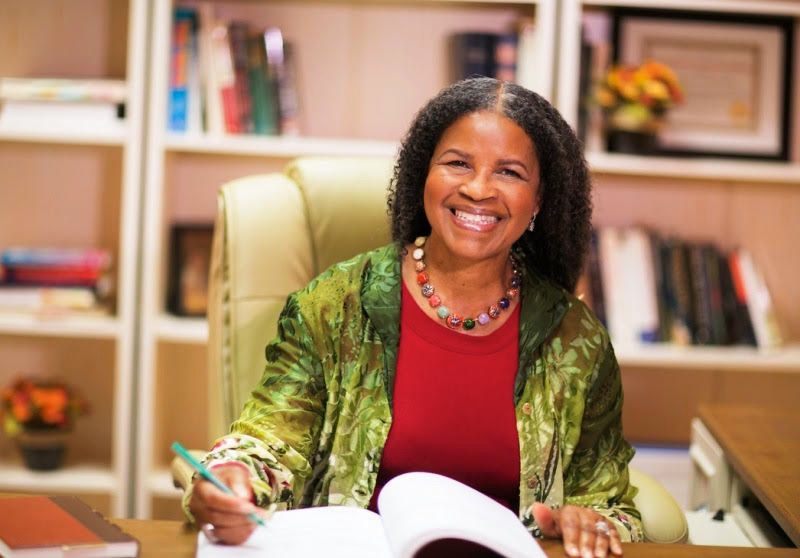KANO, Nigeria (AP) — Nigeria’s president was poised to be declared the winner of a second term in Africa’s largest democracy after urging voters to give him another chance to tackle gaping corruption, widespread insecurity and an economy limping back from recession.
While many frustrated Nigerians had said they wanted to give someone new a try, President Muhammadu Buhari, a former military dictator, had the numbers for victory, his campaign said. The official declaration, set for 3 a.m. Wednesday, follows a troubled election in the oil-rich nation weary of politicians enriching themselves instead of the people.
The campaign laid out light refreshments — “nothing heavy, finger food” — and was prepared for the president’s acceptance speech, Babatunde Fashola, its director for election monitoring, told The Associated Press as supporters danced outside party headquarters in the capital, Abuja.
Buhari’s party has rejected accusations of manipulation, and Fashola called on Abubakar, a billionaire former vice president who made sweeping campaign promises to “make Nigeria work again,” to provide evidence backing his claims.
Abubakar, who hasn’t made a public appearance since Saturday’s election, should accept his loss gracefully and concede, Fashola added. “Let this nation move forward,” he said.
As the state-by-state announcements ended, Buhari led by more than 3.9 million votes in a race once described as too close to call. To secure the presidency, a candidate must win a majority of overall votes as well as at least 25 percent of the vote in two-thirds of the states.
The election suffered from a surprise weeklong postponement and significant delays in the opening of polling stations. While election observers called the process generally peaceful, at least 53 people were killed, analysis unit SBM Intelligence said.
The death toll rose Tuesday after an attack shortly before polls opened that was claimed by the Islamic State West Africa Province extremist group in the northeast proved deadlier than first reported, with at least 17 people killed, head of research Cheta Nwanze told the AP.
It remains to be seen whether Abubakar will follow through on pledges to accept a loss, or challenge the results. A former U.S. ambassador to Nigeria, John Campbell, says the troubled election has given the candidates grounds to go to the courts. That route could take months.
In Kano, the heart of the country’s Muslim north, there was relief that the sensitive region appeared to have avoided the deadly violence that occurred in other areas.
“Well, we thank God that at least we finished this safely, without any hitches,” the state electoral commissioner, Riskuwa Shehu, told the AP minutes before carrying results to the capital.
Turnout appeared to be lower than expected, Shehu said, pointing to a number of factors, including the fear of possible violence after heated campaigning. The “disappointment” of a weeklong postponement likely also played a role, he said.
Many Nigerians have prayed for peace. They were surprised in 2015 when President Goodluck Jonathan conceded before official results were announced giving victory to Buhari, who pulled off the first defeat of an incumbent by the opposition in the country’s history.
Some worried that such a concession appears unlikely this time.
“Jonathan set the benchmark on how electoral outcomes should be handled,” Chris Kwaja, a senior adviser to the United States Institute of Peace, a U.S. government-backed institution promoting conflict resolution worldwide, told the AP. “So far, it is unclear what the candidates will do.”
It was not yet clear how many of Nigeria’s estimated 73 million eligible voters turned out. The YIAGA Africa project, which deployed more than 3,900 observers, estimated turnout at between 36 percent and 40 percent, down from 44 percent in 2015.
That would continue the trend of recent elections, even as many Nigerians were praised for their patience and resilience in this bumpy vote.
___








